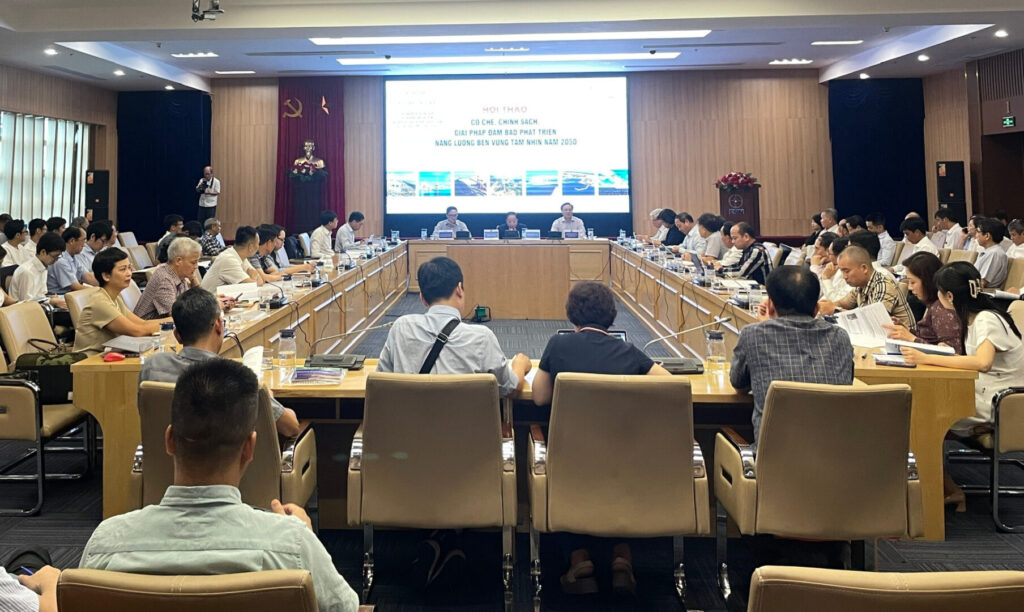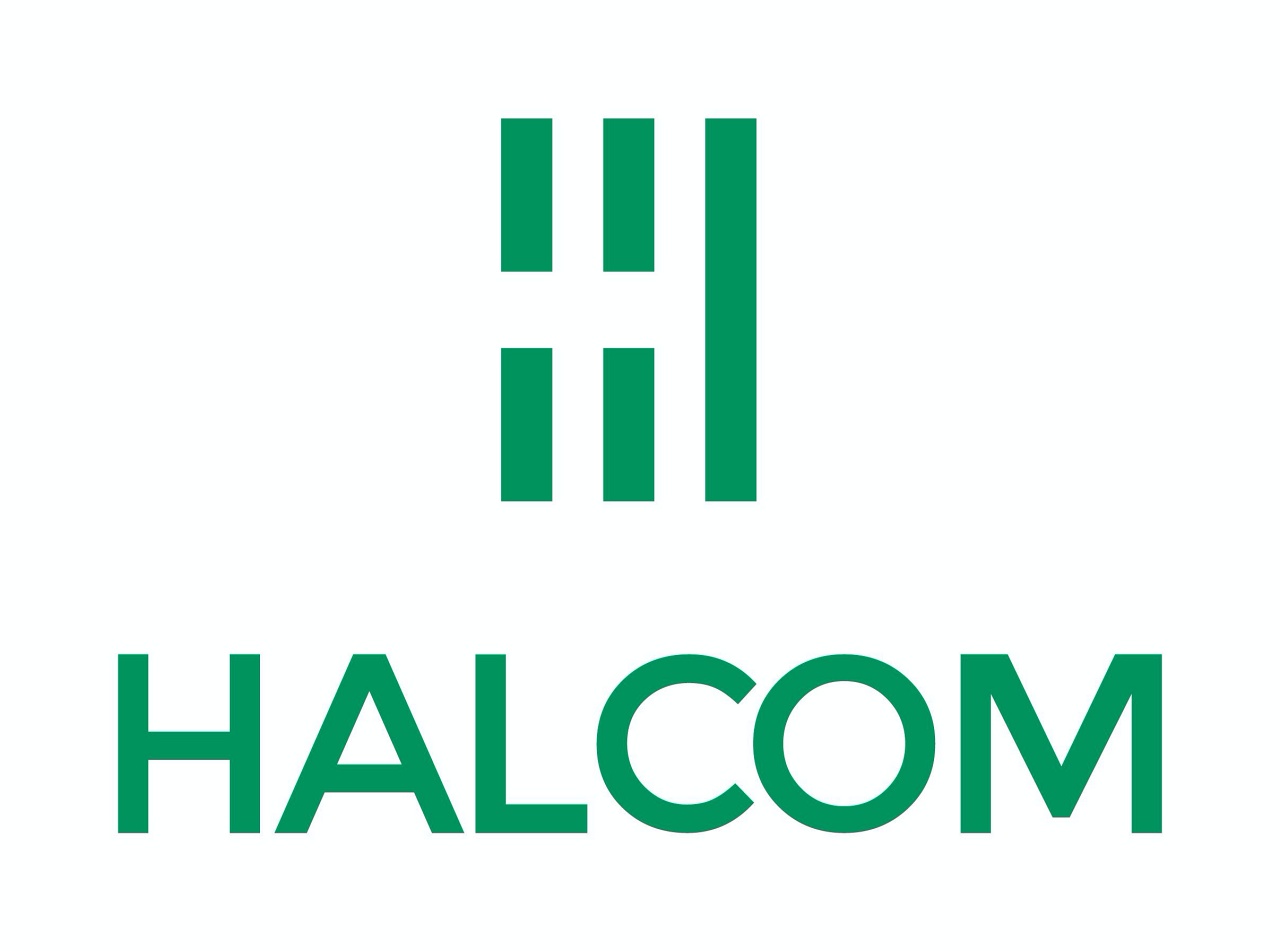On the morning of July 28th, 2023, a conference on “Mechanisms, policies and solutions to ensure sustainable energy development with a vision to 2050” was held by the Vietnam Energy Association (VEA) in Hanoi with the participation of representatives of central agencies, relevant ministries and branches, localities with construction investment projects, investors and developers.
Speaking at the opening of the conference, VEA President Tran Viet Ngai emphasized: “Learning from the Power Development Plan (PDP) 7, the Government and central agencies need to make drastic moves to create mechanisms, policies and adjustments for projects in the PDP8 to be implemented efficiently in accordance with a specific roadmap, from contractor selection, construction, appraisal, cost approval, etc., contributing to ensuring national energy security, sustainable energy development in the future.”

Lack of specific and suitable mechanisms and policies
According to a VEA report, many projects in the revised PDP7 in the electricity, oil and gas, coal and mineral industries of corporations and companies remain unfinished. The PDP8 was issued by the Government, but it is very difficult for these projects to be completed without a breakthrough in mechanisms and policies.
Experts said in the conference that in order to implement the PDP8, the State needed to urgently improve the legal environment, soon issue the revised Electricity Law, the Law on Renewable Energy and a number of specific mechanisms to remove problems in the implementation of the Plan.
From the perspective of an enterprise operating in the industry, Nguyen Viet Dzung, Vice Chairman of the Board of Directors of Halcom Vietnam JSC, stated some challenges and difficulties faced by investors, especially in terms of policies and mechanisms, investment costs and corporate finance in investing in renewable energy projects, based on the experience of implementing wind and solar power projects in which Halcom is an investor.

The PDP8 implementation to be accelerated
According to the VEA General Secretary and Vice Chairman Nguyen Van Vy, clear policies and legal procedures are much needed to attract investors’ interests and attentions to the renewable energy market. Law makers and regulators also need to devise favourable policies to create a stable and predictable investment environment for stakeholders, helping them overcome difficulties and maintain predictable revenue streams from projects.
Besides, a mechanism for perfecting financial instruments for emissions in the power sector such as carbon credits, carbon taxes, etc., should be set out to encourage research on and application of various types of green technologies and fuels, and at the same time increase the fair competition between coal and LNG, which has higher price but is “cleaner”, in power production.
Extended producer responsibility (EPR) was also a topic of interest and discussion among the participants. It is an important content mentioned in the Law on Environmental Protection 2020, according to which, businesses are responsible not only for products sold on the market, but also for recalling, handling and recycling them to a certain level as prescribed by law. Therefore, energy storage is a matter of great concern to international organizations, and many businesses are focusing on researching energy storage solutions such as solar cells to contribute to environmental protection.

After the conference, VEA would study to make relevant proposals to central agencies, ministries and localities for consideration based on issues, opinions and discussions raised by the participants, thereby, speeding up the PDP8 implementation, contributing to ensuring national energy security and sustainable energy development.
References:

